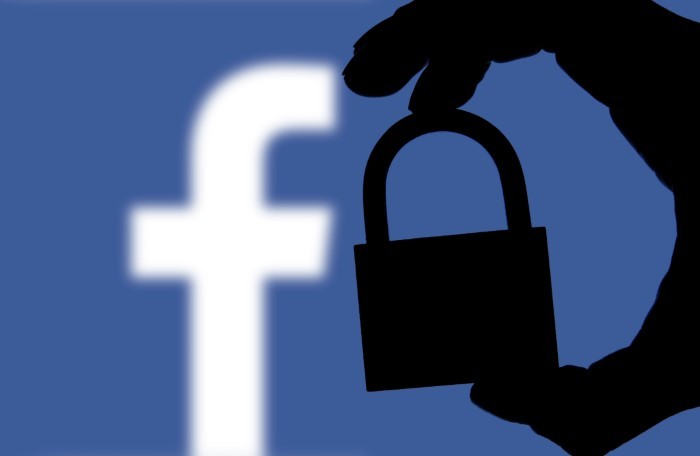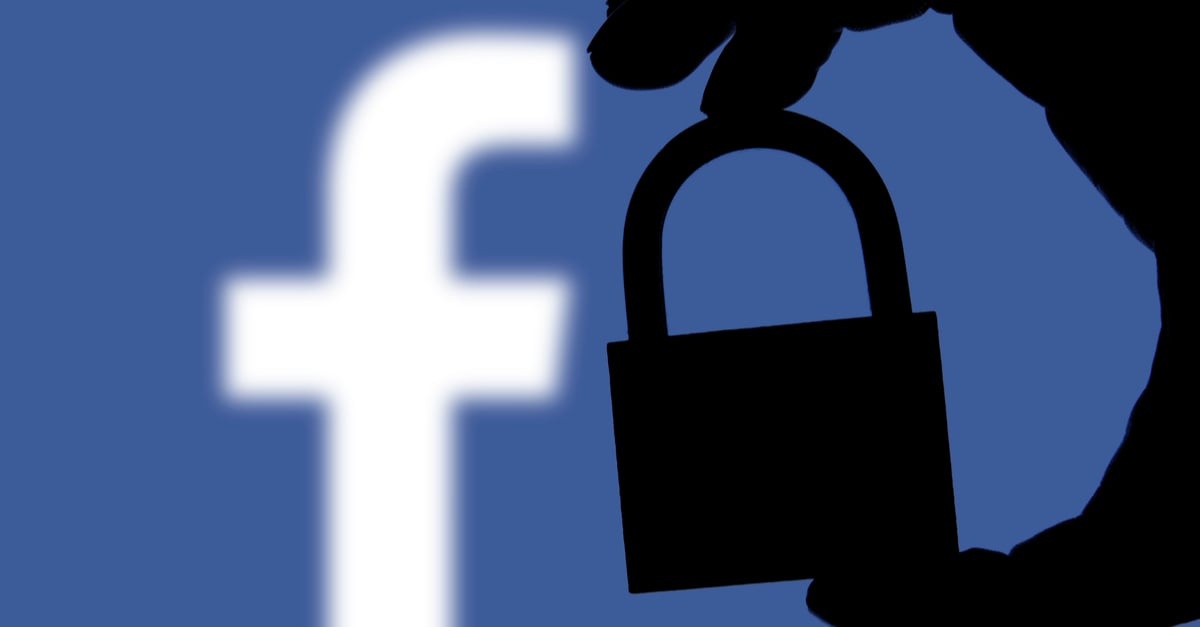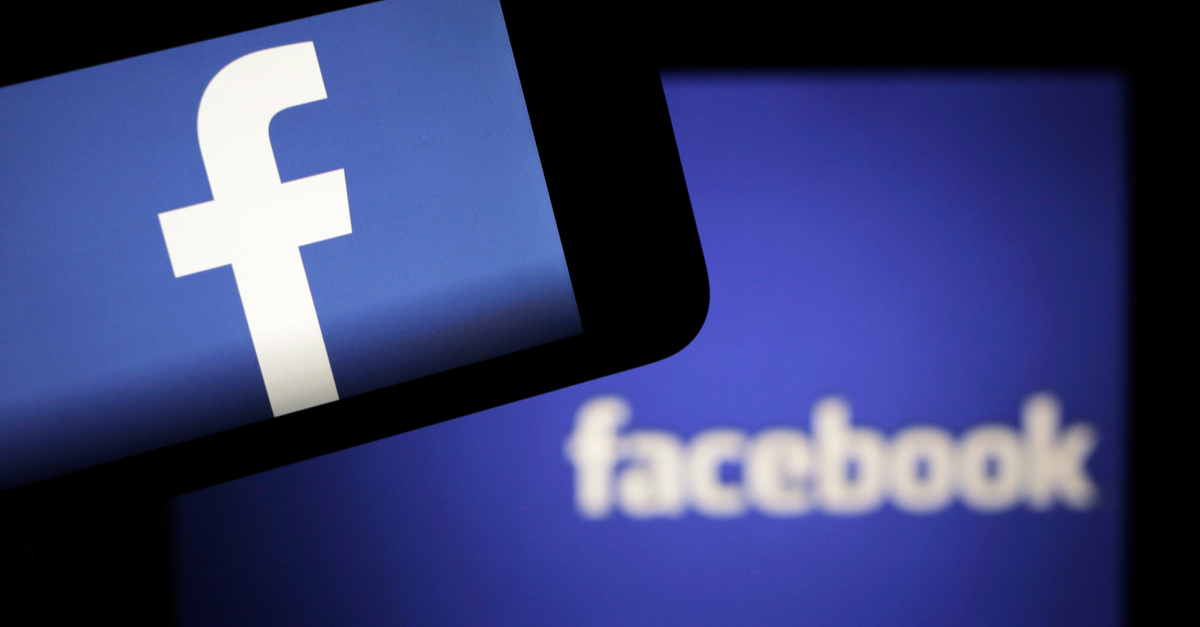Security News

Before being taken down, the 25 apps were collectively downloaded more than 2.34 million times. The malicious apps were developed by the same threat group and despite offering different features, under the hood, all the apps worked the same.

A top German court on Tuesday ordered Facebook to stop merging data collected through its Whatsapp and Instagram subsidiaries or other websites unless users explicitly agree, in a legal victory for competition authorities. Germany's Federal Cartel Office had told Facebook to rein in the data collecting in a landmark decision in 2019, but the social media giant appealed the order.

Facebook on Thursday said it has started to report its privacy practices to a newly formed, independent Privacy Committee. As part of this, an independent, third-party assessor will also review Facebook's privacy practices and report on them to the Privacy Committee and the FTC, both quarterly and annually.

The eggheads at MIT produced a report [PDF] detailing their probing of OmniBallot, a web-based ballot-issuing and voting system made by Democracy Live for US state elections - and warned the software doesn't do enough to ensure the integrity of its technology. The report does note that OmniBallot has been used primarily for voters with disabilities, or voters who cannot vote in person such as those stationed overseas in the military.

According to Vice, the FBI had tried to hack into Hernandez's computer but failed, as the approach they used "Was not tailored for Tails." Hernandez then proceeded to mock the FBI in subsequent messages, two Facebook employees told Vice. Facebook had tasked a dedicated employee to unmasking Hernandez, developed an automated system to flag recently created accounts that messaged minors, and made catching Hernandez a priority for its security teams, according to Vice.

Facebook paid a cybersecurity firm six figures to develop a zero-day in a Tor-reliant operating system in order to unmask a man who spent years sextorting hundreds of young girls, threatening to shoot or blow up their schools if they didn't comply, Motherboard's Vice has learned. Hernandez was such a persistent threat, and he was so good at hiding his real identity, that Facebook took the "Unprecedented" step of working with a third-party firm to develop an exploit, Vice reports.

Cybersecurity researchers at Reason Labs, the threat research arm of security solutions provider Reason Cybersecurity, today disclosed details of a vulnerability they recently discovered in the Facebook Messenger application for Windows. The vulnerability, which resides in Messenger version 460.16, could allow attackers to leverage the app to potentially execute malicious files already present on a compromised system in an attempt to help malware gain persistent/extended access.

Facebook last week began slapping "State controlled" labels on media outlets that it's determined are under the thumb of a government. According to NPR, as of Thursday's announcement, Pages and posts from at least 18 media outlets had been labelled "State-controlled media," including Russia Today, Russia's Sputnik News, China's People's Daily, China Xinhua News, and Iran's Press TV. The Facebook Pages for all of the outlets are now carrying transparency notices that advise users that they're "Wholly or partially under the editorial control of a state," as determined by factors including funding, structure and journalistic standards.

Facebook on Monday announced that it filed a lawsuit in Virginia against 12 domain names for their deceiving behavior. The 12 fraudulent domain names are registered by India-based proxy service Compsys Domain Solutions Private Ltd. and the social platform sued them for impersonating Facebook apps and services such as facebook-verify-inc.com, instagramhjack.com and videocall-whatsapp.com.

Facebook will hide ads bought by state-owned media outlets from its US-based users, as part of its plan "To provide an extra layer of protection against various types of foreign influence in the public debate ahead of the November 2020 election in the US.". Explained in a post by head of cybersecurity policy Nathaniel Gleicher, the plan will see The Social Network™ apply labels to content from state-controlled media outlets and any ads they buy, then block the ads in the USA anyway.